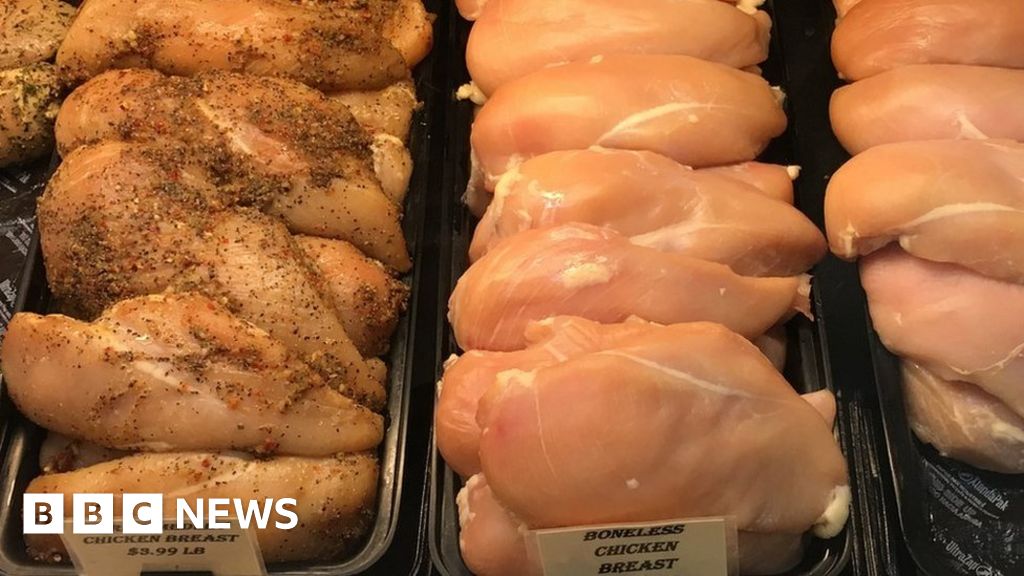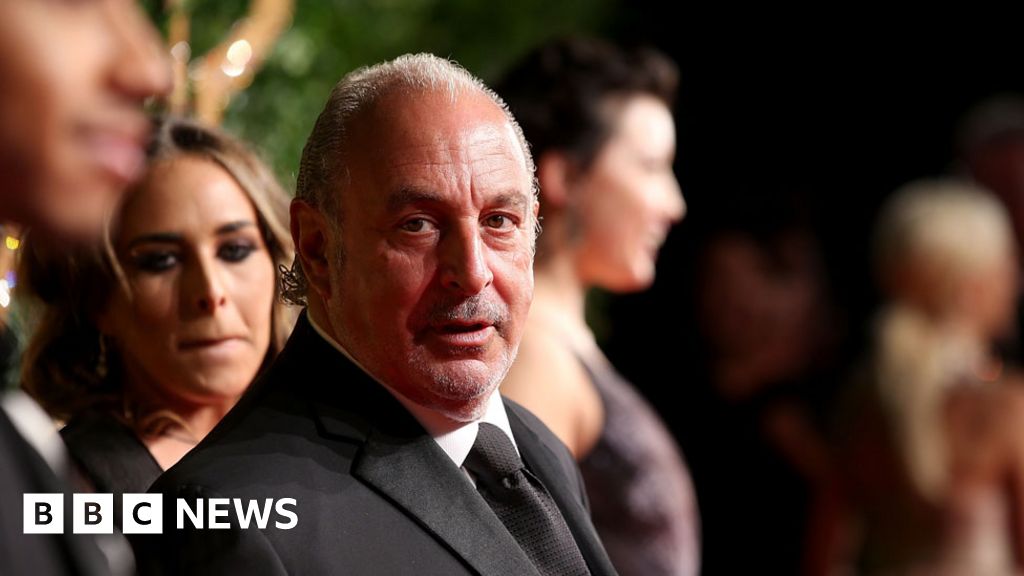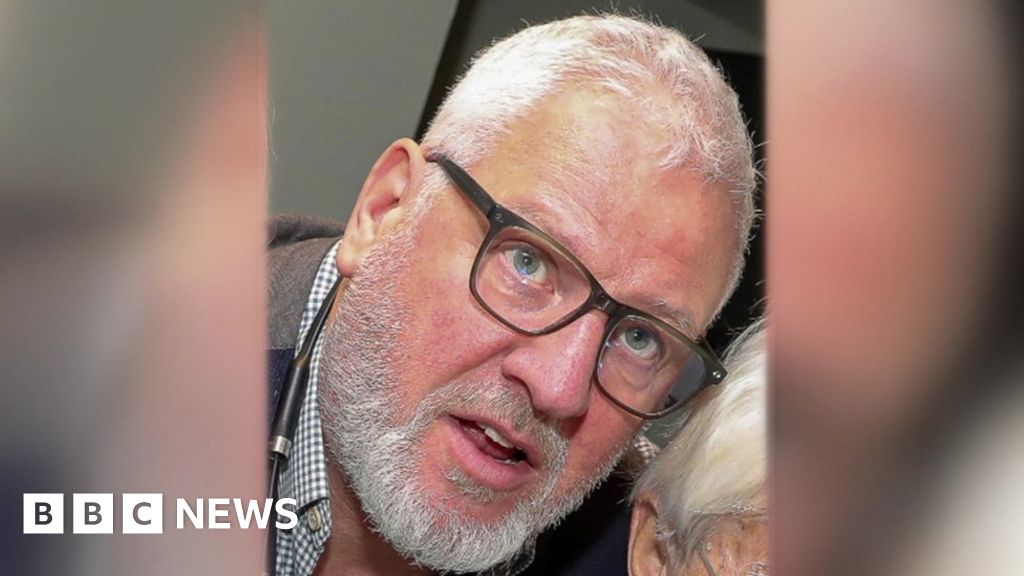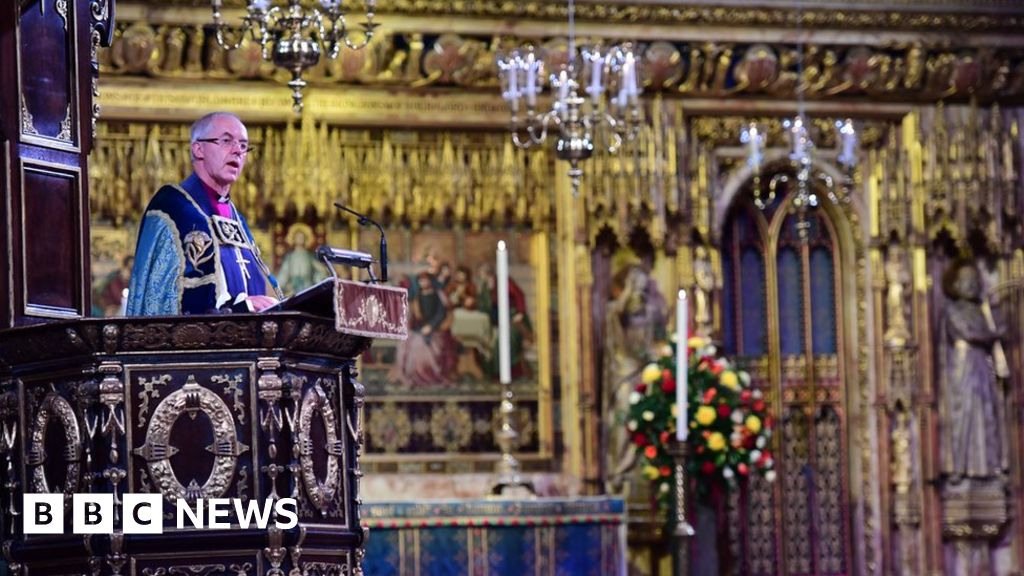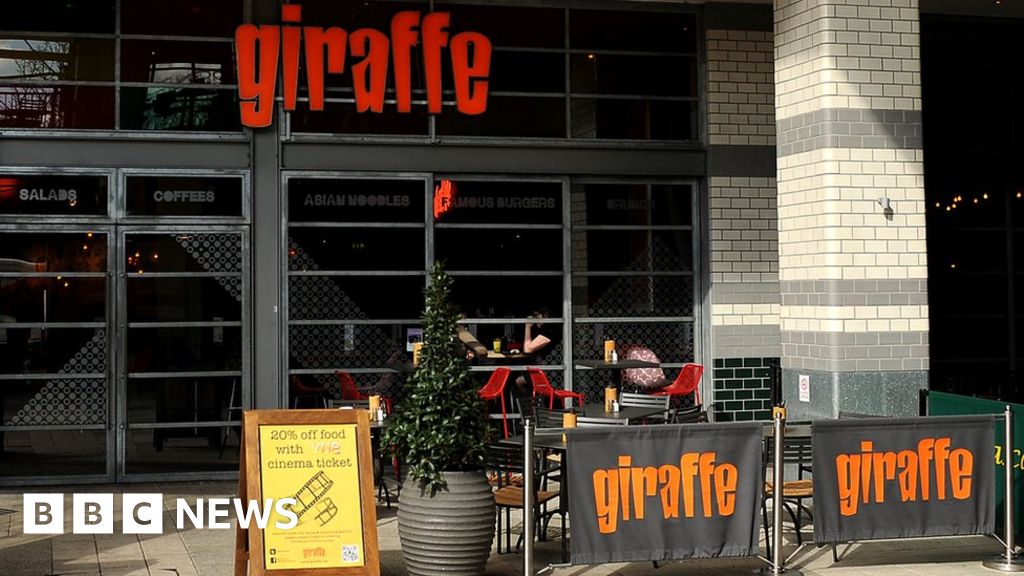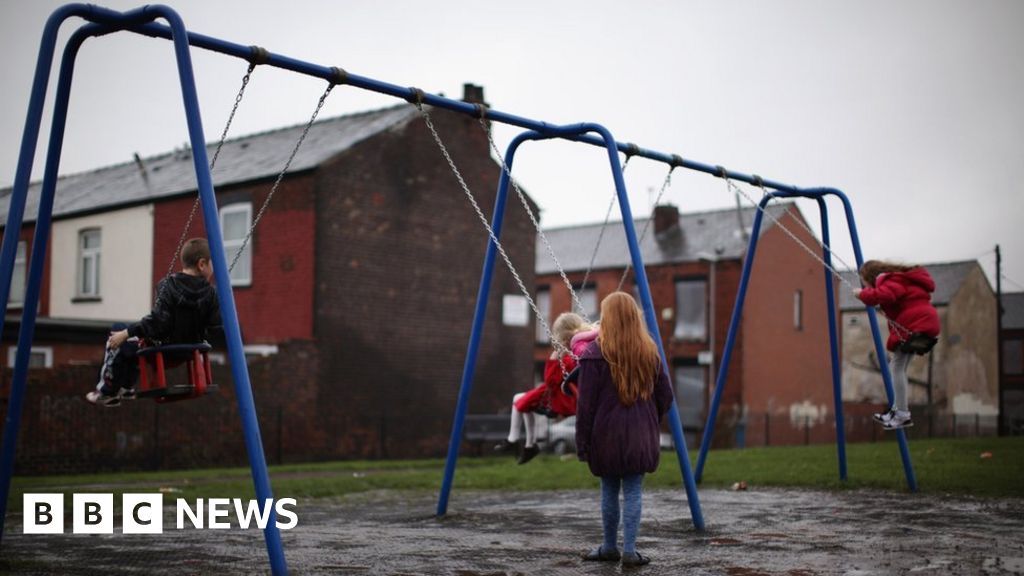
A £1.6bn government fund has been launched to boost less well-off towns in England after Brexit.
The pot is split into £1bn, divided in England using a needs-based formula, and £600m communities can bid for.
More than half of the money, to be spread over seven years, will go to the north of England and the Midlands.
Labour called it a bribe to influence MPs to back the PM's Brexit deal and critics say it does not cover cuts to local authority funding.
The Department of Housing, Communities and Local Government said there will be additional announcements "in due course" for Wales, Scotland and Northern Ireland.
In January, MPs rejected the withdrawal deal Theresa May has reached with the EU by 230 votes - the biggest defeat for a sitting government in history.
To win another vote, which Mrs May has promised will be on or before 12 March, she could find herself relying on the votes of Labour MPs from Leave-voting parts of the country.
John Mann, MP for Bassetlaw, a former coal mining area in Nottinghamshire, told the PM last month to "show us the money" with "transformative investment" in areas that voted to leave.
The Labour MP, who backed Mrs May's Brexit deal at the first vote, denied it amounted to "transactional politics".
But John McDonnell, Labour's shadow chancellor, said the fund "smacks of desperation from a government reduced to bribing MPs to vote for their damaging flagship Brexit legislation".
The BBC's assistant political editor Norman Smith said the money will be targeted on coastal communities, market towns, and de-industrialised towns, which meets the demands of some Labour MPs, who say regeneration funding tends to go to big cities.
The funding will go to specific projects like a new university campus or railway station, our correspondent added.
'Drop in the ocean'
Dismissing the claim that the funding aimed to entice Labour MPs, Housing and Communities Secretary James Brokenshire insisted the cash would be made available even if the withdrawal agreement was rejected and denied the funding was a bribe.
He told BBC Radio 4's Today programme: "This funding is there regardless of the outcome, but obviously we want to see a deal happening, we believe that is what is in the best interests of our country."
He said the money would "supplement the work of councils" and could be "transformative" and was there "to see that towns grow".
However, Labour MP Alex Sobel, of the cross-party People's Vote campaign, which wants a new referendum on Brexit, said it was "a drop in the ocean" compared with the cost of leaving the EU.
He said the annual loss to local economies would be more than enough to wipe out any potential return from this scheme.
Labour's Ruth Smeeth, the MP for Leave-supporting Stoke-on-Trent, described the amount of money as "extraordinarily pathetic".
Speaking on BBC Radio 4's Westminster Hour programme, she said: "If you're talking about national renewal, this is less money than is being taken out of my economy by the introduction of [new welfare system] universal credit over the next four years."
Labour and Stoke-on-Trent Central MP Gareth Snell said the announcement was a "huge disappointment", tweeting: "The entire allocation for the West Midlands over four years is less than the total value of cuts faced by Stoke-on-Trent City Council alone over the same period."
Anna Turley, Labour MP for Redcar, has described the funding as "a shameless little bung."
She told BBC Radio 5 Live that £90m had been lost from her local council over nine years of austerity and the money was "bobbins" and was "shameless and embarrassing".
And Labour's Rhondda MP Chris Bryant tweeted: "And not a penny for Wales. The trouble with bribes is they embody injustice."
But the prime minister insisted: "Communities across the country voted for Brexit as an expression of their desire to see change - that must be a change for the better, with more opportunity and greater control.
"These towns have a glorious heritage, huge potential and, with the right help, a bright future ahead of them."
She said prosperity had been "unfairly spread" for "too long".
Analysis: Is May buying votes?
By BBC political correspondent Iain Watson
A month ago John Mann - who voted to leave the EU - told the BBC there was a "good dialogue" going on with the government.
And he was hopeful Mrs May would come back with "something significant" for his, and other, areas outside London.
He and a group of Labour MPs from Leave areas were demanding the protection of employment rights after Brexit - and assurances poorer areas wouldn't lose out when EU regional funding ended.
The cash on offer from the government is equivalent to less than 2% of English local authority spending.
Theresa May says she is simply making good a promise she made in her first speech as prime minister to help "ordinary working class families".
But the Labour leadership see this as a "bribe" to tempt some of their own MPs to break ranks and back Mrs May's deal.
The former Conservative, now Independent, MP Anna Soubry claims it's an attempt to buy votes.
But the government insists the true beneficiaries will be residents of coastal and industrial communities who feel left behind.
The £1.6bn Stronger Towns Fund will be broken down into £600m, which communities in any part of England can bid for, and £1bn allocated using a needs-based formula to the following areas:
- North-west England: £281m
- North-east England: £105m
- Yorkshire and the Humber: £197m
"The formula allocations are based on a combination of productivity, income, skills, deprivation metrics and proportion of the population living in towns," a department spokesperson said.
"This targets funding at those places with economies that are performing relatively less well to the England average."
London is not included in the list, but towns within Greater London can bid for a share of the £600m pot, the department spokesperson added.
The government said communities would be able to draw up job-boosting plans for their town, with the support and advice of their Local Enterprise Partnerships.
It added that it would also seek to ensure towns in Wales, Scotland and Northern Ireland would benefit from the new funding.
